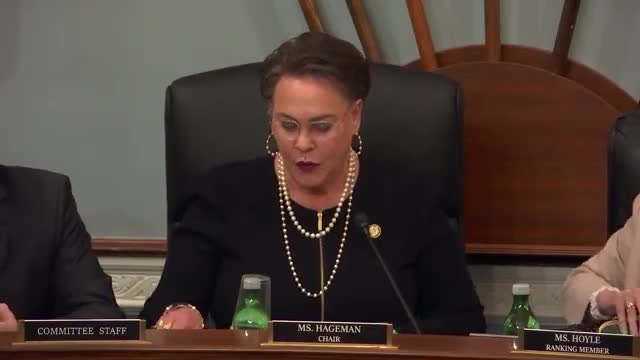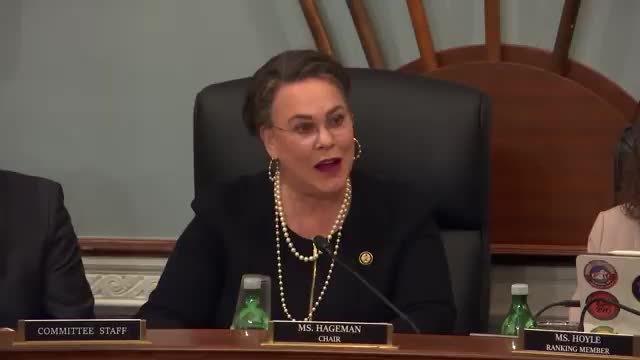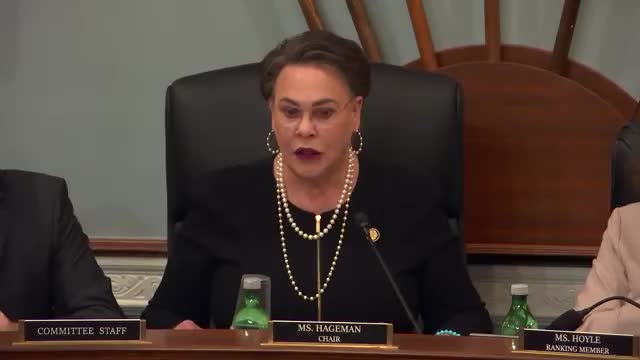Article not found
This article is no longer available. But don't worry—we've gathered other articles that discuss the same topic.

House subcommittee hears competing views on bill to block Muleshoe National Wildlife Refuge land protection plan

Fishery producers press Congress to reinstate national depredation order for double-crested cormorants

Subcommittee weighs reauthorizing Great Lakes fishery research to support regional fisheries management

